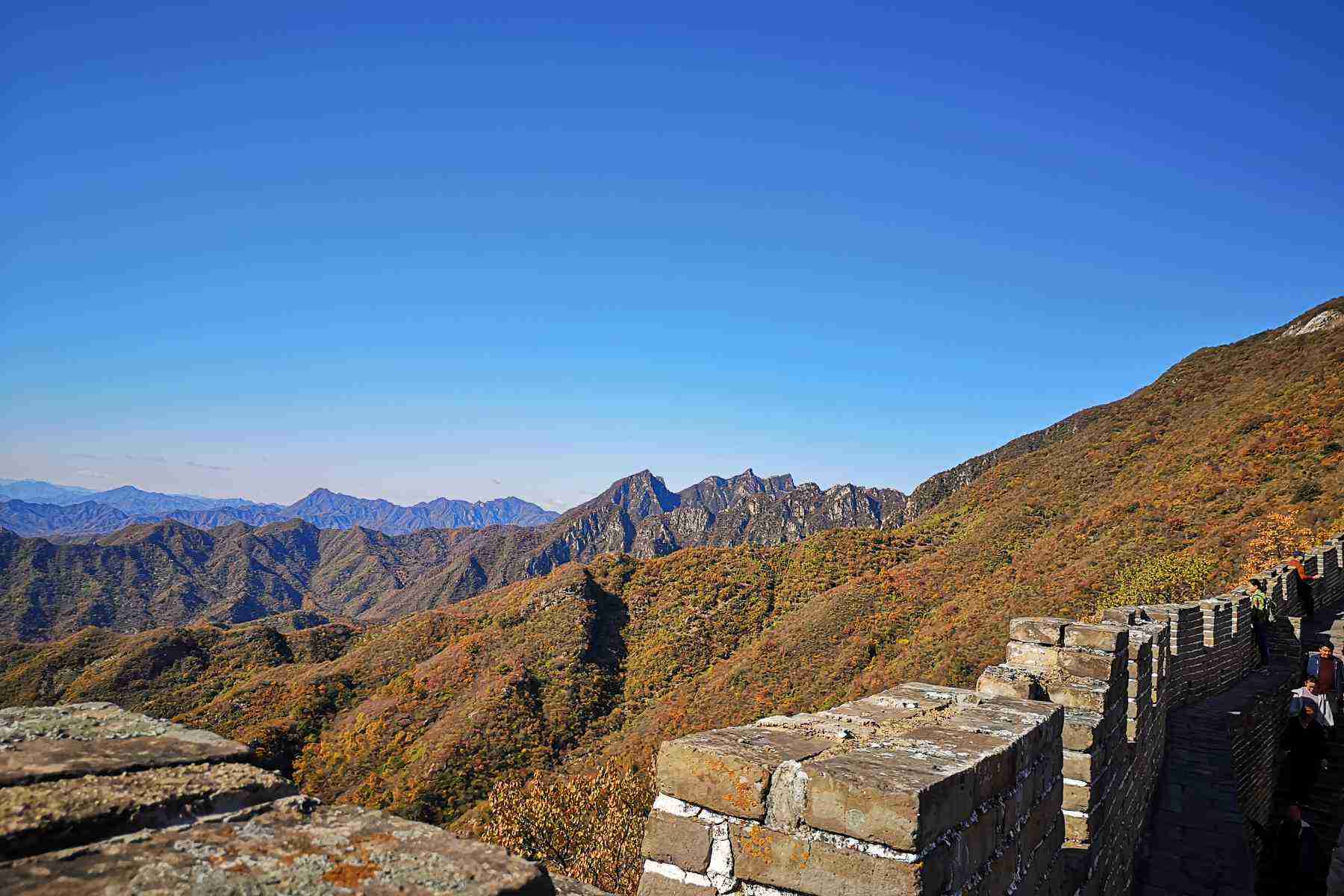Attractions: Tiananmen Square, Forbidden City, Mutianyu Great Wall, Bird's Nest, Hutong
Meal: Not Included
Hotel: Overnight in Beijing
In the morning, your professional guide will pick you up at your hotel lobby, transfer you to Tiananmen Square with a comfortable and capacious chauffeur-driven minivan. It is the largest city square in the world, covering an area of 440,000 square metres and can accommodate 1 million people. Tiananmen Square is surrounded by many famous historical and cultural attractions, such as the Tiananmen Square Citadel, Chairman Mao's Memorial Hall Monument to the People's Heroes, the Great Hall of the People, and the National Museum.
Walk through the Gate of Heavenly Peace with the great Chairman Mao's portrait on it; you come to this morning's highlight - the 600-year-old Forbidden City - the world's largest and most well-preserved wooden structure of palace-type buildings.
After 1.5 hours' driving, you will arrive at the Mutianyu Great Wall, which is the best preserved and most popular section among all in Beijing. we will make our arrival hre at afternoon to visit the Wall to avoid the crowds. The Mutianyu Great Wall is connected to the Juyongguan Great Wall in the west and the Gubeikou Great Wall in the east, which has been the military stronghold guarding Beijing since ancient times, and is known as the "Dangerous Ridge Pass".
On the way back to downtown, drive by the national stadium, also known as the Bird's nest, which is the main stadium of 2008 Beijing Olympic Games. There is a saying in France that man can make anything but a bird's nest. You can imagine the uniqueness and difficulty of the design and construction of the Bird's Nest, so it is said that the unique shape of the Bird's Nest design have changed the direction of the development of public buildings in the history of architecture.
Then drive by the bustling Nanluoguxiang Hutong, hutongs are not only the veins of the city and the thoroughfares of the traffic, but also the places where the common people of Beijing live and the important stage for the historical and cultural development of the capital.
It has recorded the historical changes, the style of the times, and contains a strong cultural atmosphere, as if a museum of folk customs, branded with the imprint of people's various social life. Walking in it, there are places of interest everywhere, and a closer look is like an encyclopaedia of Beijing, and many of the bricks and tiles in the hutongs have a history of hundreds of years.
If you prefer not to tour the Hutong area, your guide will escort you back to the hotel after dropping the others off there.




 IPv6 network supported XML | Sitemap | Blog | Privacy Policy
IPv6 network supported XML | Sitemap | Blog | Privacy Policy 
